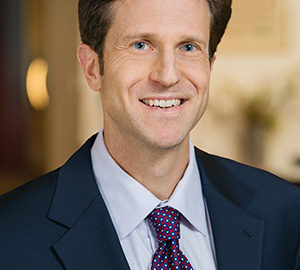As we approach a full year of pandemic-driven shutdown orders, it’s easy to focus on what we miss with online mediation – in-person get togethers. We don’t sit across the table, walk together down hallways, or share a cup of coffee. In turn, non-verbal communication suffers.
Yet online mediations present a silver lining – namely the ability to save time while improving decision-making. With lawyers and clients sometimes spread around the country – or the world – a single in-person session often consumes three days, including travel. Rationalizing that time commitment requires hard choices as to who shows up, with key decision-makers – clients, counsel, and insurer representatives – often delegating the trip and the process.
While such delegation can work fine, other times it doesn’t. Pre-mediation preparation and dialogue with the other side may be less robust, prompting negotiating limits for the delegates with little chance of success. As well, the delegates may have insufficient knowledge or authority to assess options ‘outside the box’ which may be key to a workable compromise.
If recent months are illustrative, more senior decision-makers are taking advantage of the shorter time commitment and ease of appearing remotely to show up themselves – rather than via proxy. This is a good thing. As recent examples, the author has mediated real-time with key business and legal leaders in Seoul, Taipei, London and Munich as well as all United States times zones. Some of us get up early; others stay up late. But properly structured, it works quite well.
To be clear, having senior decision-makers attend should not relegate others to the cheap seats. Indeed, the ease of joining remotely allows multiple team members to weigh in, accelerating both internal vetting and decision-making.
As to adapting, counsel and neutrals can compensate for the lack of in person get togethers through regular use of pre-mediation calls. Such calls help familiarize the neutral with the disputants as much as the disputes, allowing frank dialogue about people and organizational dynamics that often helps set a path toward a successful outcome.
Finally, the ease of remote mediations may warrant starting the process sooner, particularly as the pandemic continues to delay court proceedings. Understanding what each side sees differently and why often lifts the fog surrounding many disputes. While a full resolution may require more work, the scope of the dispute is often significantly narrowed. Starting the conversation earlier may save time and resources all around.
Don’t get me wrong. I too miss in-person mediations. But even when shut-down orders and travel restrictions are lifted, remote sessions may often still make sense to engage key constituents in the most efficient dispute resolution efforts.
About the Author:
Mark LeHocky is a former litigator and public company general counsel who mediates and arbitrates disputes nationwide. See www.marklehocky.com. Repeatedly voted a Best Lawyer in America© for Mediation, Mark also teaches at UC Berkeley’s Haas Business School and Berkeley Law on the intersection of law, risk assessment and decision-making.





